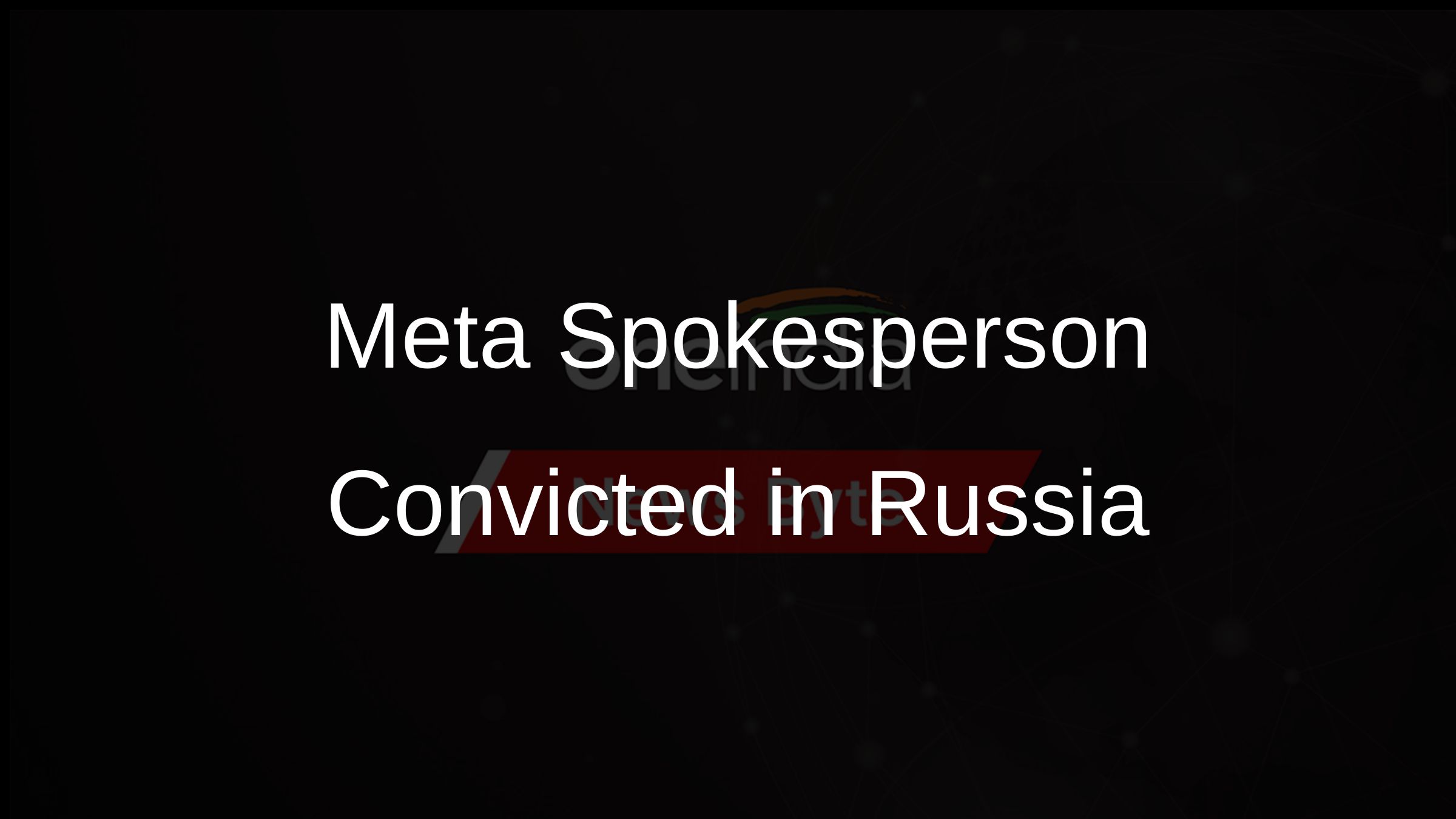Veep Inaugurates Ninth Asian Security Conference
New Delhi, Feb 9 (UNI) Vice President Bhairon Singh Shekhawat today called for a ''common value system'' to combat terrorism or extremism of any sort as also to fight the ravages of poverty, famine, disease and underdevelopment.
''True globalisation begets interdependence and interdependence begets the necessity of a common value system to make it work'' said the Vice President while inaugurating the newly-constructed building of the Institute of Defence Studies and Analyses (IDSA) and the Ninth Asian Security Conference here.
According to Mr Shekhawat, the principal challenges before mankind were minimisation of violence, making the world more secure for human progress and to ensure that this progress was made more inclusive.
''These are indeed daunting challenges and this is where scholars and institutes like IDSA have a crucial role to play... helping us understand better the root causes of the threats we face, their changing nature and the possible manner in which these can be tackled....'' Expressing grave concern at global conflicts, the Vice President said war was ''an evil game'' and financially ''a very costly luxury'' at the expense of programmes for overcoming underdevelopment and welfare of the people. World War II was estimated to have cost 13 Billion US Dollars in direct costs, he pointed out.
Wars and conflicts also brought about financial burden in the form of peace keeping and reconstruction. The cost of UN Peace Keeping between 1991 and 2002 alone was 21.5 Billion US Dollars.
''Besides, there is an added cost of defence preparedness....'' ''The world today spends a mind boggling figure of over 1,000 Billion US Dollars per annum on defence. How one wishes at least some part of this vast unproductive expenditure could be saved for the sake of alleviation of widespread world poverty and achieving the millennium development goals,'' Vice President Shekhawat observed.
The Vice President regretted that while mankind had succeeded in achieving outstanding progress in a number of fields, it had failed in making the world more secure since situations of potential conflicts and wars still existed.
Besides, new dangers were also emerging including the spread of weapons of mass destruction, extremism and terrorism, international crime, trafficking in drugs and the like. ''There are also new non-traditional threats like global warming, competition for scarce resources of water, energy and strategic materials, cyber warfare, genetic engineering and possible weaponisation of the space....'' ''This emerging grim scenario poses a big and formidable challenge to our security environment....'' The Vice President pointed out that with 'security' being an indivisible concept no country in the world today could remain in isolation. ''The nature of the threats we face today -- like spread of weapons, terrorism, global warming, epidemics, demographic challenges and extremist ideologies -- is trans-national.... No nation can meet these threats and challenges alone....'' Mr Shekhawat termed the theme of the Conference -- 'Security Dynamics in Southeast Asia' -- as also very relevant. He said India and Southeast Asia had enjoyed a special relationship throughout history.
India and Southeast Asia were home to many languages, cultures, religions and ethnic groups. In fact, both shared a common vision of human progress, peace, security and economic development, he said.
''This
relationship
assumes
even
greater
importance
today....
The
21st
century
has
rightly
been
called
the
Asian
Century....
Spurred
by
impressive
industrial
and
economic
growth,
Asia
will
be
a
conglomerate
super-power
synergistically
unified
in
its
diversity....''
UNI


 Click it and Unblock the Notifications
Click it and Unblock the Notifications




